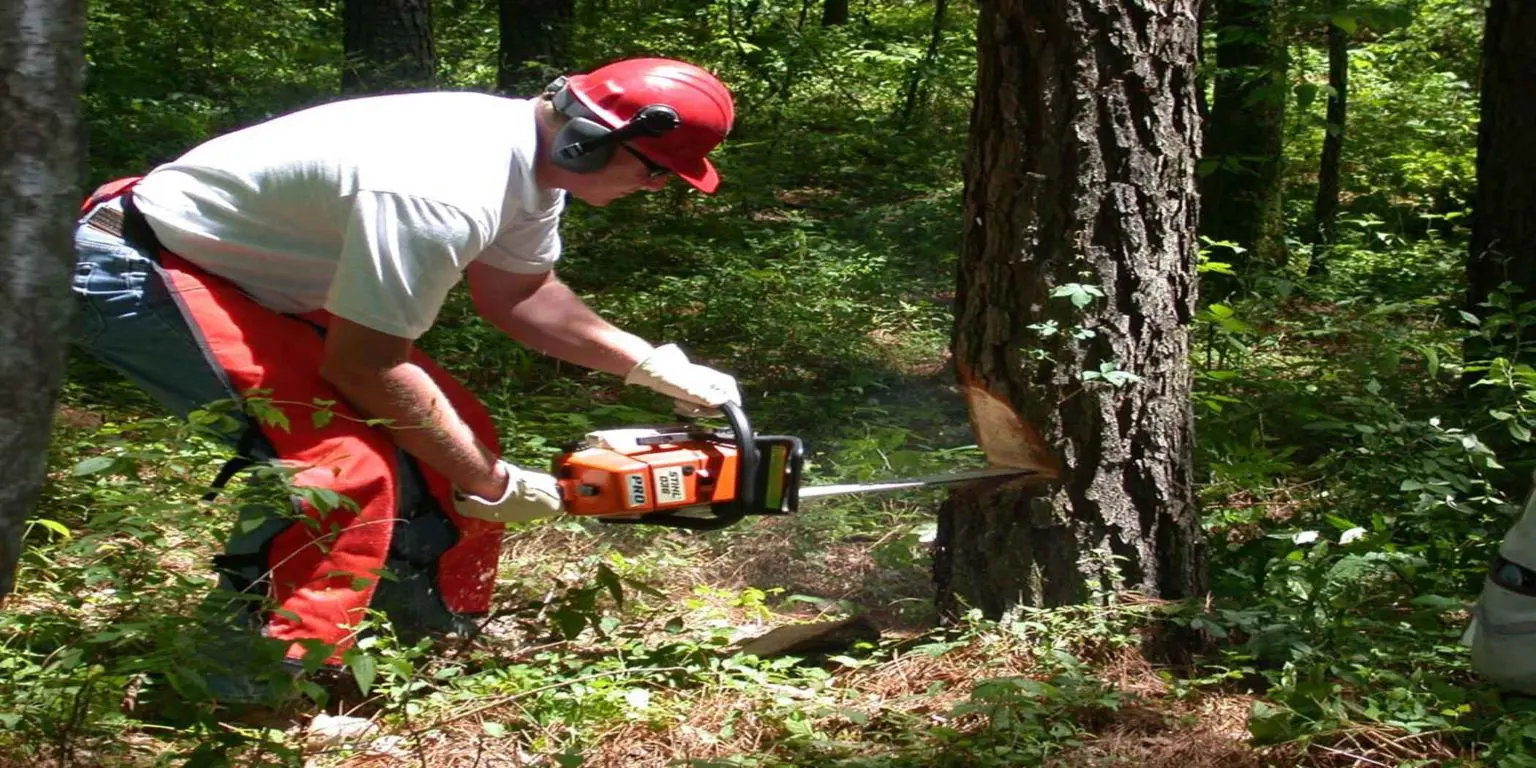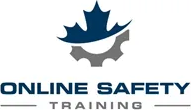Safe Chainsaw Operation in Canada

Safe Chainsaw Operation in Canada: Understanding Safety Training Requirements
Chainsaws are powerful and versatile tools used in various industries across Canada, including forestry, construction, and agriculture. While they are essential for tasks such as cutting down trees, trimming branches, and processing wood, chainsaws also pose significant safety risks when not used correctly. To ensure the safe operation of chainsaws, Canada has established stringent safety training requirements that must be adhered to by operators. In this article, we will explore the safety training requirements necessary for safely operating a chainsaw in Canada, emphasizing the importance of knowledge, skills, and regulatory compliance.
Understanding the Importance of Safe Chainsaw Operation in Canada.
Chainsaw accidents can result in severe injuries, fatalities, and property damage. The importance of chainsaw safety training cannot be overstated, as it provides operators with the knowledge and skills needed to use these tools safely and effectively. Here are some key reasons why safety training is crucial for chainsaw operators in Canada:
- Personal Safety: Chainsaws are highly powerful and fast-cutting tools. Without proper training, operators are at risk of accidents, including cuts, amputations, and injuries from kickback incidents.
- Property Protection: Incorrect chainsaw use can result in property damage, including damage to buildings, vehicles, and other structures. Proper training helps operators avoid such incidents.
- Environmental Considerations: Chainsaw operations often take place in natural settings, such as forests and woodlots. Safety training includes guidelines for minimizing environmental impact, including the protection of wildlife and ecosystems.
- Regulatory Compliance: In Canada, chainsaw safety training is often mandated by occupational health and safety regulations. Compliance with these regulations is essential to avoid legal consequences.
- Efficient and Effective Work: Safety training enhances efficiency and productivity by teaching operators how to use chainsaws effectively, reducing time-consuming mistakes and rework.
- Reputation Management: Organizations that prioritize safety through proper training are viewed more favorably by clients, partners, and the public. This enhances their reputation within the industry.
Safety Training Requirements for Chainsaw Operators in Canada
For Safe Chainsaw Operation in Canada, operators must adhere to specific safety training requirements. These requirements are generally governed by provincial or territorial regulations and industry standards. Here are the key components of chainsaw safety training in Canada:
- Chainsaw Safety Courses: Chainsaw operators are required to complete chainsaw safety courses offered by accredited training providers. These courses cover essential topics such as:
- Chainsaw components and operation.
- Hazard identification and risk assessment.
- Safety equipment and personal protective gear.
- Safe starting and handling techniques.
- Cutting techniques and procedures.
- Emergency procedures and first aid.
- Accredited Training Providers: Chainsaw safety training must be provided by accredited organizations recognized by provincial or territorial authorities. These providers offer standardized courses that meet established safety and competency standards.
- Practical Skills Assessment: In addition to classroom instruction, chainsaw safety courses typically include hands-on practical training and assessment. This involves demonstrating the ability to safely operate a chainsaw, including starting, cutting, and maintenance procedures.
- Certification: Upon successful completion of a chainsaw safety course and practical assessment, operators receive a certification or qualification as proof of their training. This certification must be kept on file and readily available for inspection.
- Recurrent Training: Chainsaw operators are often required to undergo recurrent training at regular intervals, usually every few years, to ensure that their knowledge and skills remain current and aligned with industry best practices.
- Safe Work Procedures: Chainsaw operators must be familiar with safe work procedures, including risk assessments and safety plans specific to their work environment and tasks.
- Personal Protective Equipment (PPE): Chainsaw operators are required to wear appropriate personal protective equipment, including safety helmets, eye and hearing protection, chainsaw chaps or pants, gloves, and steel-toed boots.
- Compliance with Provincial Regulations: It is essential for chainsaw operators to familiarize themselves with the specific provincial or territorial regulations governing chainsaw use in their area of operation. Compliance with these regulations is mandatory.
- Environmental Considerations: Chainsaw operators are trained to minimize the environmental impact of their activities by following guidelines for sustainable forestry practices, including considerations for wildlife, water bodies, and vegetation.
- Emergency Response Training: Operators are trained in emergency response procedures, including first aid, CPR, and how to handle accidents or injuries that may occur during chainsaw operations.
Benefits of Chainsaw Safety Training
Investing in chainsaw safety training offers numerous benefits for both operators and employers in Canada:
- Injury Prevention: Safety training reduces the risk of accidents and injuries, protecting the physical well-being of chainsaw operators.
- Regulatory Compliance: Compliance with provincial or territorial safety regulations is essential to avoid legal consequences, fines, and penalties.
- Efficient Operations: Properly trained operators are more efficient and productive, resulting in cost savings and reduced downtime.
- Environmental Responsibility: Training emphasizes responsible chainsaw use that minimizes environmental impact and promotes sustainability.
- Reputation Enhancement: Organizations with well-trained chainsaw operators are viewed more favorably by clients, partners, and the public, enhancing their reputation within the industry.
- Personal Empowerment: Chainsaw operators who have undergone safety training are more confident and empowered to make informed decisions about their safety and the safety of others.
Safety is paramount for Safe Chainsaw Operation in Canada, given the inherent risks associated with these powerful tools. Chainsaw safety training is a mandatory requirement that equips operators with the knowledge and skills necessary to use chainsaws safely and effectively. Compliance with safety regulations and industry standards is not only legally obligatory but also a fundamental commitment to the well-being of chainsaw operators, the protection of property and the environment, and the success of operations in the Canadian forestry, construction, and agriculture sectors.
By investing in Safe Chainsaw Operation in Canada, operators and employers demonstrate their dedication to safety, efficiency, and environmental responsibility. In doing so, they contribute to a safer, more sustainable, and more reputable industry in Canada.
Click here for an online chainsaw safety training program.
Click here for Government of Canada regulations regarding safe chainsaw operation.
Categories
- Aerial Lift
- ATV Training
- Bear Awareness
- Chainsaw Training
- Confined Space
- Defensive Driving
- Forklift Training
- Lockout Tagout
- Online Safety Training
- Ontario Traffic Manual
- Overhead Crane
- Pipeline Construction Safety Training
- Propane Handling
- Safety Training Benefits
- Scissor Lift
- Skid Steer Training
- Space Awareness
- TDG
- Telehandler Forklift
- Tick Safety & Lyme Disease Prevention
- Traffic Control
- Train the Trainer course
- Training Course
- Uncategorized
- WHMIS
- WHMIS Train the Trainer
- Workplace Harassment and Violence Preventiont
